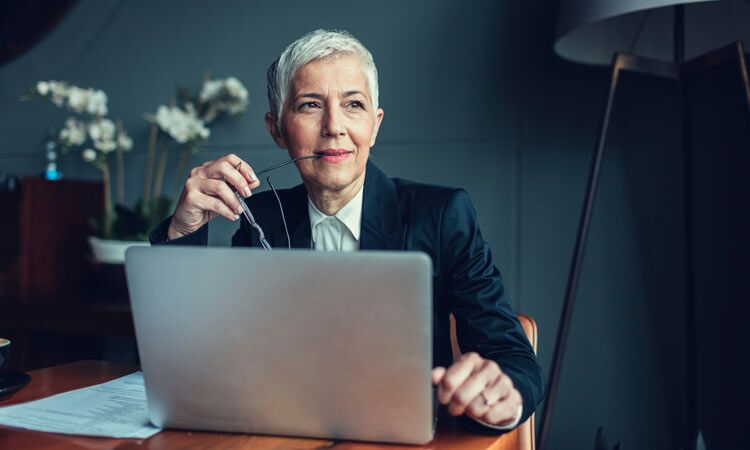Stay open to a future of possibilities
Do you ever get excited for a big trip, an event or holiday, only to find out that the reality didn’t quite meet your expectations? Or perhaps you went on a date with someone attractive, but their personality didn’t quite wow you?
“Expectation is the root of all heartache,” Shakespeare wrote.
Expecting to be married by a certain time, to have a certain amount of money in the bank or to have two kids and a dog by a certain age will only lead to frustration. Here we take a look at the fundamentals of expectation, why we have it and how it changes the way we think.
Where does expectation come from?
Expectations are based on past experiences – something that has happened to us or something we’ve witnessed in our lives, and we hold that as the base line when comparing to similar situations down the line. They’re as simple and basic as spilling a glass of water and soaking the floor as a child. We now know what will happen if we drop a glass of water.
Although this may be helpful, it can more often than not be harmful. We may develop stereotypes about certain people, situations and have preconceived notions before we give someone or something a chance. We can either expect the worst or the best, when in reality we don’t know how or why life will play out the way it does.
How expectations affect us
In a recent study published in the Journal of Environmental Psychology, researchers asked 48 participants to properly arrange objects in order of color gradation, while seated at a desk lit with an incandescent lamp. Half the lamps were labeled “environmentally friendly” while the other half were labeled “conventional.” All lamps were the exact same kind, but when asked which lamp participants preferred, they said the environmentally friendly lamp. What’s more, people who had those lamps made significantly fewer errors on the test.
Study participants said they thought the light was better in that lamp, when in reality it had the same light as the so-called conventional lamp. This is living proof that our thoughts and expectations directly affect our reality – and that the placebo effect goes far beyond medicine.
To avoid having our lives controlled by expectations, the best thing to do is to hold positive intentions, go into any new situation with an open mind and not have any expectations at all. This will attract a better outcome and allow us to relax because we’re not holding any one person or situation accountable for the way we think things should go. When we let go of expectation, we invite the mystery of life to surprise us.



